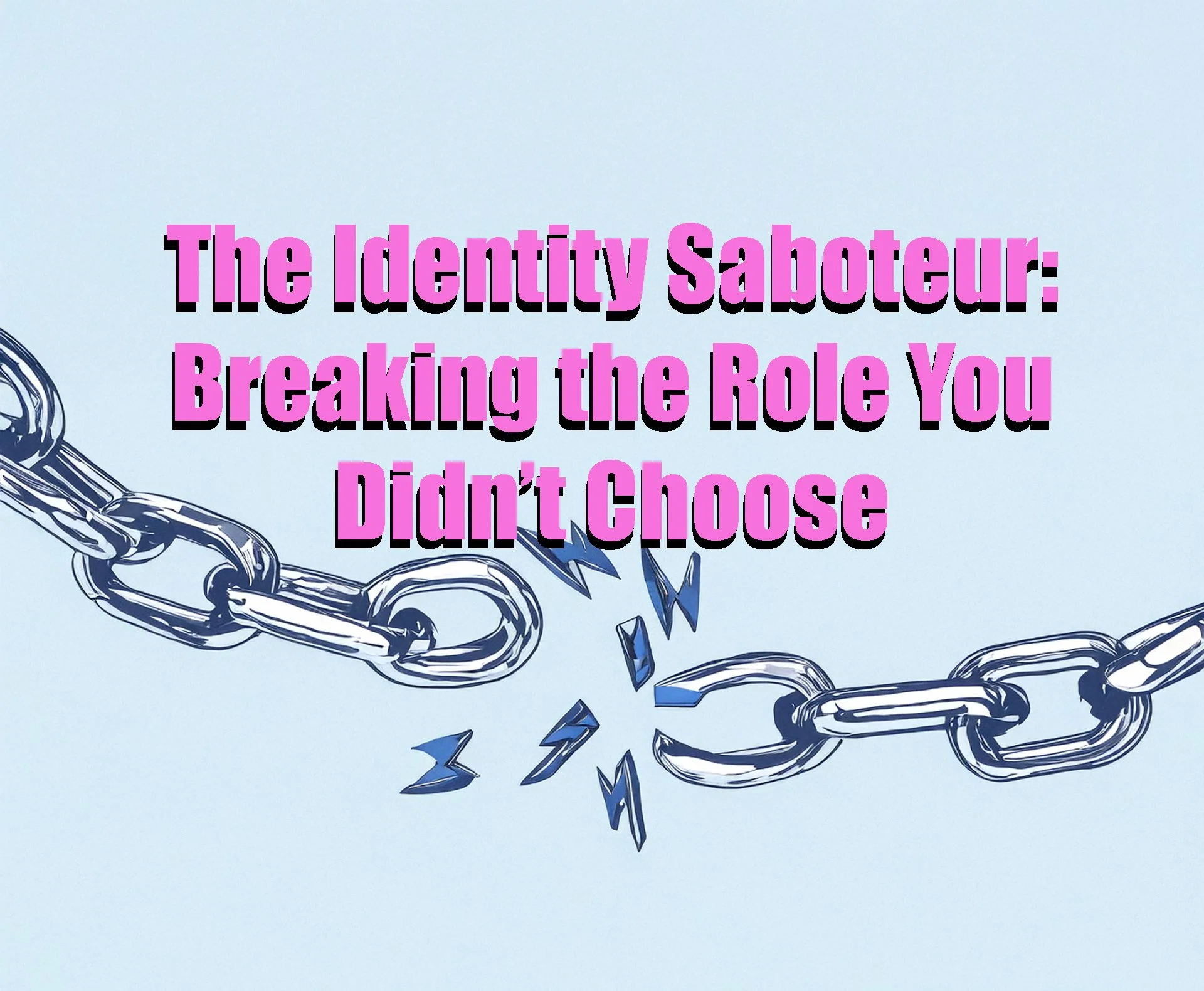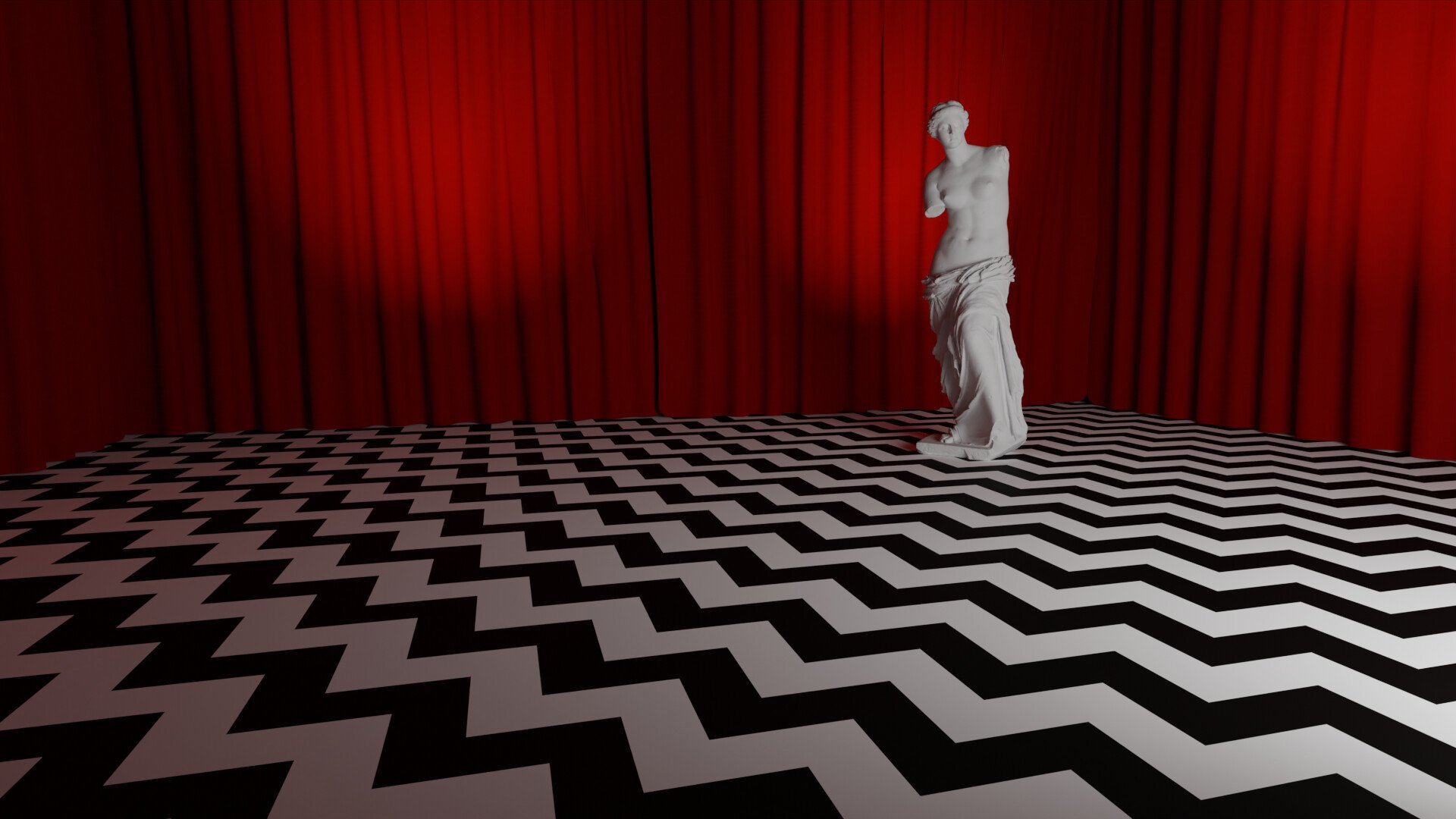
Dark Spirits of Christmas: Folklore from Europe, Asia, Africa and the Americas
The cozy, glittery version of Christmas makes it easy to forget that, for much of the world, winter was once a frightening season. Food ran low, nights were long, and survival depended on the community pulling together. Out of that darkness came stories: horned demons, man-eating cats, goblins, ogres, and masked “devils” who dance through the streets.

The Identity Saboteur: Breaking the Role You Didn’t Choose
Free Workbook: The Identity Saboteur
If you want a structured way to explore this, we created a free 3-page workbook:
The Identity Saboteur: Breaking the Role You Didn’t Choose
It guides you through:
Mapping your roles
Spotting triggers
Testing small exits
Reflecting on which roles to keep, alter, or abandon

Best Practices for Dream Recall — A Complete Guide
Dream recall isn’t about talent or luck. You dream every night — that part is certain. The challenge is catching what’s there before it fades. Remembering your dreams takes practice, patience, and a willingness to pay attention. But once you start, you’ll find that your mind offers more than you expected.
This guide lays out a process. Follow it with consistency, and you’ll see change.

5 Archetype Myths You Should Know
Archetypes aren’t just old stories or symbols in books. They are patterns of human experience that show up again and again — in our choices, in our struggles, in the moments when we’re tested. Across cultures, myths gave form to these forces. They taught people how to face what can’t be controlled: destruction, change, betrayal, desire, justice. These archetypes are alive in daily life. You see them in the person who questions the rules, in the moment when you destroy what no longer serves you, in the hard choices you face at life’s crossroads.

5 Things You Must Know Before Joining a Protest
If you’re reading this, you’ve already made a decision. You’re ready to show up — to stand where it counts, knowing what that choice might demand of you. Protests can change the course of history, but they can also put you in harm’s way. Especially now. Before you step into that crowd, take a breath. What you do before you go will shape how you move, how you protect yourself, and how you look out for the people beside you. This isn’t about fear. It’s about being ready. These are five things you need to know. Read them. Remember them. Then go out there with purpose.

5 +1 Erased Histories You Were Never Taught
What you know of history shapes what you see in the present. But history is not just what happened — it’s what has been remembered, what has been recorded, and what has been deliberately erased. Erased because it revealed too much about power. Erased because it exposed brutality, resistance, and hope that threatened those who needed control. What you are about to read are not obscure facts. They are histories that shaped the world — and still do. Their absence in classrooms, books, and public memory is no accident. The silence was designed. And that silence still protects the same systems that erased these stories in the first place. What was destroyed? Who was silenced? And how does that silence continue to serve power today? These are five histories that were erased — and that you need to know about.

Erich Fromm’s Humanistic Ethics and the Power of Creative Expression in Self and Society
Erich Fromm, a German social psychologist, psychoanalyst, and philosopher, challenged many of the assumptions underlying modern life. His ethical vision goes beyond rules and commandments—it’s about living a meaningful life through growth, love, and creativity. Instead of asking, “What should I do to be good?” Fromm invites us to ask, “Who am I becoming—and am I becoming more fully human?”

Dreams, Shadows, and the Red Room: A Jungian Interpretation of Twin Peaks
David Lynch’s Twin Peaks (1990–1991) is a one of a kind surreal murder mystery. It’s a descent into a dream logic that reaches beneath the surface of the psyche and grips something primal. Beneath the cherry pie and quirky charm lies a psychological labyrinth: a world pulsing with symbols, archetypes, and whispered truths from the unconscious. At the heart of the show, particularly in Agent Dale Cooper’s uncanny dreams—of the Red Room, the Giant, and cryptic messages—we find something far more than artistic eccentricity. We find the unconscious speaking, with startling precision, in the language Carl Jung dedicated his life to decoding.

The Paradox of Chaos: Zen, Psychoanalysis, and the Risk of Forcing Structure
In both Zen philosophy and psychoanalysis, there’s an ongoing conversation about how much structure is useful—and when it starts to get in the way. One story that captures this tension comes from ancient Chinese mythology. It’s the story of a being named Chaos. He had no eyes, ears, mouth, or nose—just a round, smooth body. Seven gods met him and wanted to help. So, they gave him openings, one by one, hoping to turn him into someone more like them. But once they were done—once he had all the usual features—Chaos died.

Why Cultural Perspectives Matter in Expressive Therapies: Integrating Traditional and Indigenous Art Forms
Expressive therapies—such as art therapy, music therapy, dance and movement therapy—are powerful tools for healing, communication, and emotional growth. These approaches use creative activities to support psychological and emotional well-being in ways that often reach deeper than words. As our world becomes more culturally interconnected, it’s increasingly important for therapists to consider the cultural background of each person they work with. That includes recognizing and respectfully integrating traditional and indigenous art forms into the therapeutic space.